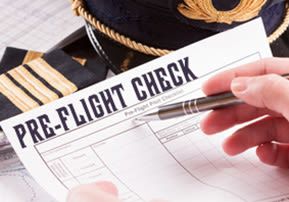
Ki Teitzei: Pre-Flight Check
We can save ourselves a lot of the daily self-assessment headaches if we assess ourselves before we do something and thereby avoid needless mistakes…

"When you will go to war against your enemies…" (Deuteronomy 21:10).
Can you imagine how many accidents in the air would occur if pilots were not required to make a complete pre-flight assessment before taking off? Don't we owe it to ourselves to steer clear of all types of troubles in life that could have been easily avoided? Our sworn enemy wants to see us crack-up in mid-air, Heaven forbid…
Sworn enemy? Who? What?
Interestingly, the Torah doesn't say "if" you'll go to war; it says "when" you'll go to war. This passage teaches that each of us comes to this world to fight a war. Those who look for an easy time will be frustrated and stressed, for they'll rarely find it.
 What's the war we're fighting? Rebbe Chaim of Chernovitz, the famed "Be'er Mayim Chaim", says that this is a person's war with himself, when he must combat his evil inclination, bad habits and bodily lusts. We learn from Rebbe Chaim's teachings that there are two distinct sides to a person – the holy and the unholy. The soul naturally gravitates toward the holy while the body pulls toward its own base gratification on the side of the unholy. Contrary to what many people think, in this war, there is no middle ground; there is either unholiness or holiness, tumah or tahara. Understandably, Elijah the Prophet castigated the Jewish People on Mount Carmel and said[1], "How long will you straddle both sides?" We come to this world to exercise our free choice and to choose between good and evil, purity or impurity. This process of free choice and personal purification is a life-long war.
What's the war we're fighting? Rebbe Chaim of Chernovitz, the famed "Be'er Mayim Chaim", says that this is a person's war with himself, when he must combat his evil inclination, bad habits and bodily lusts. We learn from Rebbe Chaim's teachings that there are two distinct sides to a person – the holy and the unholy. The soul naturally gravitates toward the holy while the body pulls toward its own base gratification on the side of the unholy. Contrary to what many people think, in this war, there is no middle ground; there is either unholiness or holiness, tumah or tahara. Understandably, Elijah the Prophet castigated the Jewish People on Mount Carmel and said[1], "How long will you straddle both sides?" We come to this world to exercise our free choice and to choose between good and evil, purity or impurity. This process of free choice and personal purification is a life-long war.
Why is our awareness of this "black-and-white" principle so important in Elul, a month when every Jewish soul is rekindled in yearning for Hashem? If a person lacks the ability to assess his own actions and discern between right and wrong, good deed and sin, or holiness and the opposite, he cannot fight and becomes easy prey for the enemy. Thank goodness, we do have a cogent weapon: it's called daily personal prayer, where we devote an hour a day to gratitude, self-assessment, self-improvement and outpouring our innermost thoughts to our loving Father in Heaven.
We all know how to assess ourselves; we simply examine our thoughts, speech and deeds during the past 24 hours and make sure that they are in accordance with Hashem's will as brought down in the Code of Jewish Law (Shulchan Aruch). Yet, we can save ourselves a lot of the daily self-assessment headaches if we assess ourselves before we do something and thereby avoid needless mistakes. Here's how – we ask ourselves two simple questions before we do something:
1. The "If": Is the deed I'm about to do or the words I'm about to speak connected to the performance of a mitzvah? If, for example, we are eating or drinking to maintain a healthy body for strength in the service of Hashem, then the answer is affirmative, go ahead! If we're spending time conversing with our spouse or taking a walk together to enhance our marital bliss, keep it up, for this is a lofty mitzvah! If we need to put in a daily hour of overtime at work to cover the expense of our children's Torah education, this too is a prodigious mitzvah. But, if the deed is merely to satisfy the body and its appetites, think twice.
2. The "How": If we've answered "yes" to the above question, and we continue to do the deed, are we doing it for our own sake or for Hashem's sake? For example, we've decided to give our annual donation to an important charity; are we doing it for Hashem or are we doing it for our own personal prestige or aggrandizement?
The above two questions are a marvelous way to assess ourselves before doing something. Do I need that second piece of pie? Must I tell people about the good deed I did? Should I be text-messaging at the dinner table when I should be giving my attention to my children and spouse?
There's often a fine line between the favorable and the unfavorable, the mitzvah and the sin. Our heightened self-awareness and pre-deed assessment will not only prevent mistakes and power self-improvement, but it will bring us closer to Hashem. In that respect, everyone's a winner.
[1] Kings I, 18:21


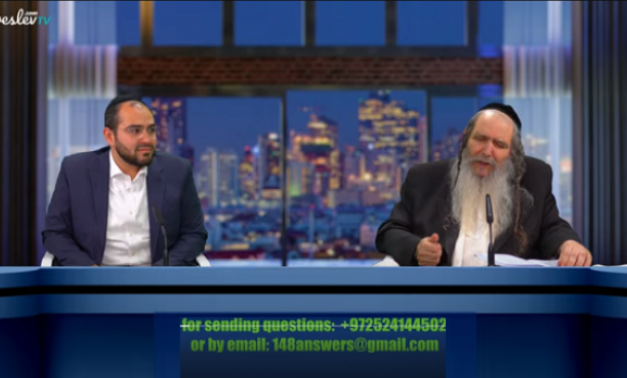



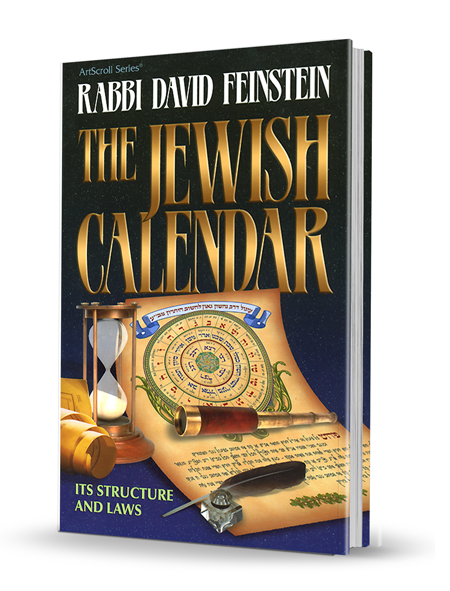
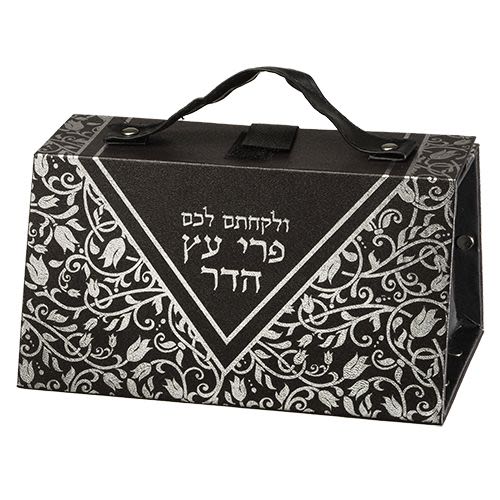
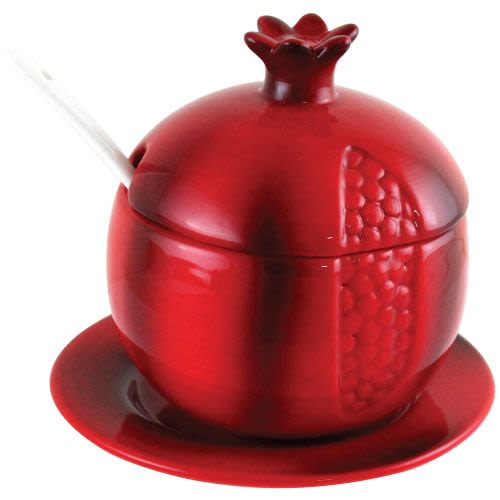

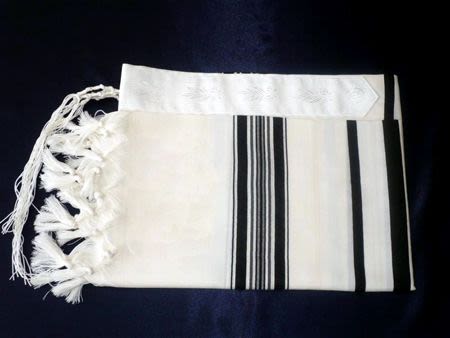

Tell us what you think!
Thank you for your comment!
It will be published after approval by the Editor.